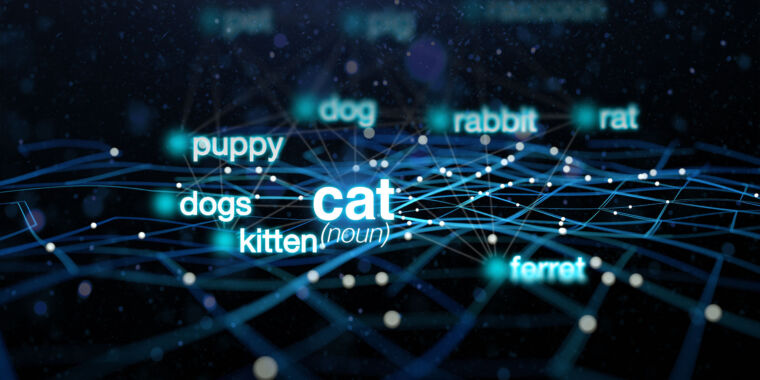Years ago, in the dim ages of the past, when I was a teenager, I read a sci-fi short story set in the extreme far future. Mankind had avanced beyond the need for a physical body and people were essentially minds free to roam the universe at will. In the story, two minds met somewhere in deep space and exchanged thoughts with each other before moving on.
I thought that was SO COOL.
Then (not so much later) it struck me that in any remote communication scenario (phone, radio, letters in the mail, etc.), it was in fact two minds exchanging information. I was already a licensed Ham Radio operator at that time, and I had already talked with people around the world I had never met in person. Some of them I even had regular contact with. Those people from back then, and hundreds more over the decades, I still have never met in person.
This realization was WAY before the internet, so what we are doing right now wasn't even possible yet. We can not only exchange our thoughts; if we want, we can actually save or print all these exchanges and go back and mull them over if we want. Wow. Technologically aided telepathy, essentially. Anyone reading this is receiving my thoughts and can reply to me from anywhere in the world.
I have read several articles where some of us ASDers have been accused of using AI to write emails, memos, reports, etc. (Because we tend to use precise language, and don't avoid using accurate technical terms in favor of more 'people friendly ' terms.) So if we look like AI in our communications, how easy would it be for us to recognize if any given user here IS actually AI.
Am I real? How would any of you know? Keep in mind, we have discovered that AI frequently lies rather than admit it doesn't know a particular answer. So deception is easily bandied about with AI. People think a computer would always be accurate, but we have evidence with AI already which shows that assumption to be unfounded.
So am I AI?
I thought that was SO COOL.
Then (not so much later) it struck me that in any remote communication scenario (phone, radio, letters in the mail, etc.), it was in fact two minds exchanging information. I was already a licensed Ham Radio operator at that time, and I had already talked with people around the world I had never met in person. Some of them I even had regular contact with. Those people from back then, and hundreds more over the decades, I still have never met in person.
This realization was WAY before the internet, so what we are doing right now wasn't even possible yet. We can not only exchange our thoughts; if we want, we can actually save or print all these exchanges and go back and mull them over if we want. Wow. Technologically aided telepathy, essentially. Anyone reading this is receiving my thoughts and can reply to me from anywhere in the world.
I have read several articles where some of us ASDers have been accused of using AI to write emails, memos, reports, etc. (Because we tend to use precise language, and don't avoid using accurate technical terms in favor of more 'people friendly ' terms.) So if we look like AI in our communications, how easy would it be for us to recognize if any given user here IS actually AI.
Am I real? How would any of you know? Keep in mind, we have discovered that AI frequently lies rather than admit it doesn't know a particular answer. So deception is easily bandied about with AI. People think a computer would always be accurate, but we have evidence with AI already which shows that assumption to be unfounded.
So am I AI?

